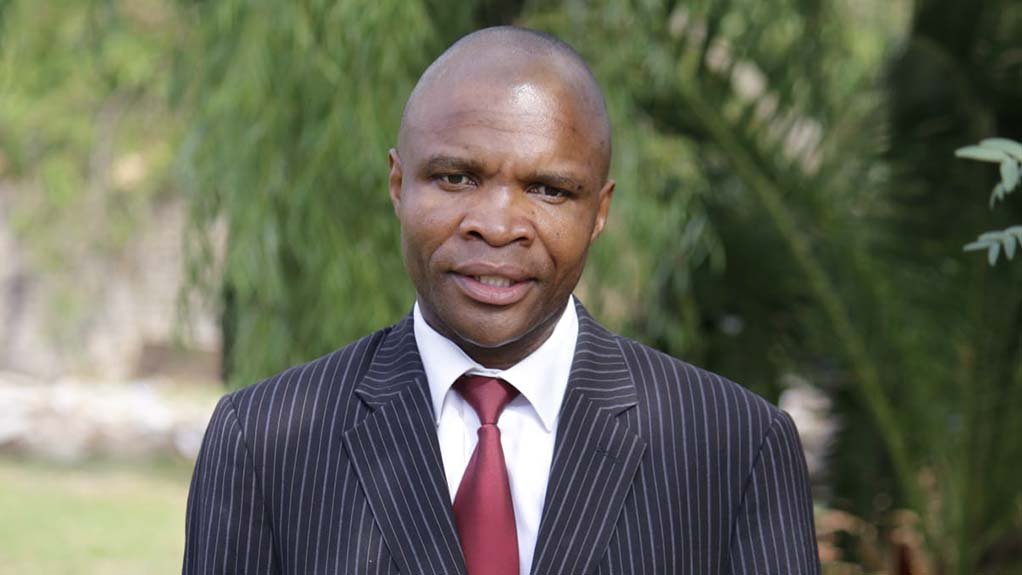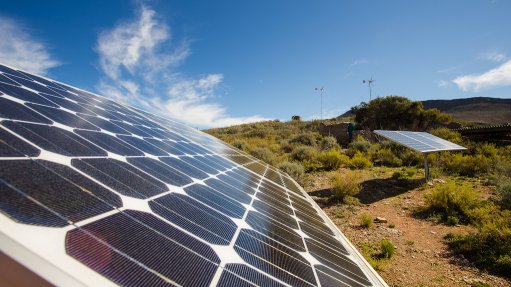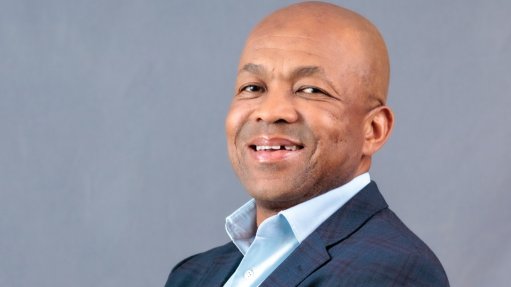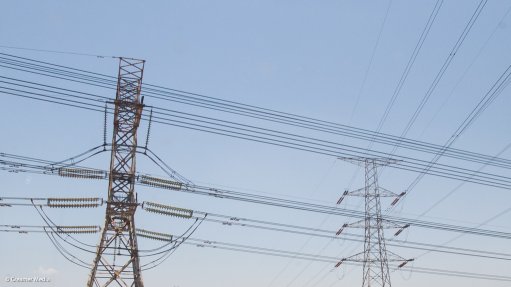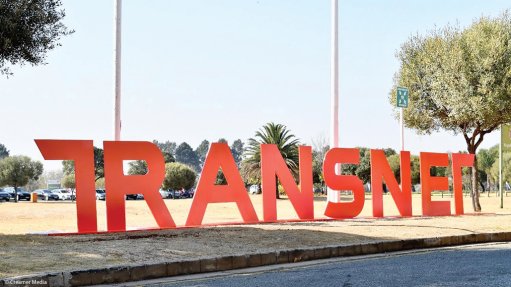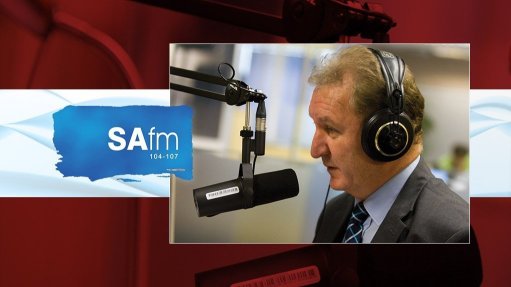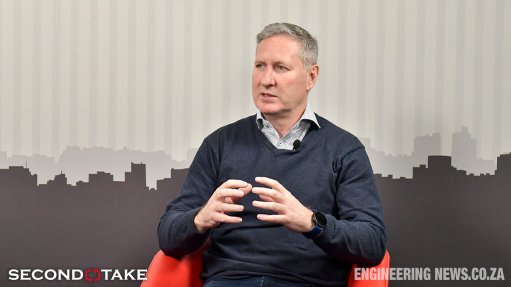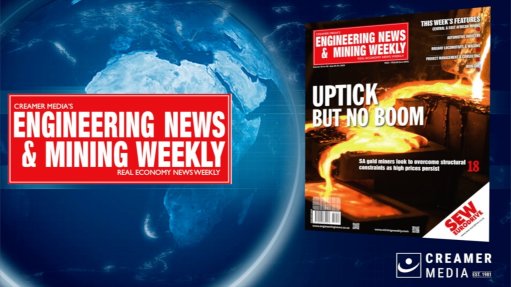BRICS Countries Must Engage Extensively and Honestly About the Debt-Driven Development Approach for Infrastructure
This article has been supplied.
By Bongani Mankewu – Director of the Infrastructure Finance Advisory Institute.
Blurb: Brics is in favor of sustainable development, thus it promotes diversity, solidarity, growth, and a more just and equitable international order.
Given the shift in power from unipolar (one) to multipolar (three or more), as shown by the advancements of BRICS block countries, it is vital to investigate the debt-led development model to finance infrastructure in Africa, especially in Southern Africa.
In his speech at the BRICS Summit, Russian President Vladimir Putin stressed the importance of fostering cross-border trade and investment. To effectively contribute to the member states' faster socioeconomic growth, cooperative links must be strengthened and direct dialogue between business communities must be increased. Consequently, the Sustainable Development Goals can be accomplished.
The United Nations 2030 Development Agenda, which places a strong emphasis on infrastructure development, depends on the Sustainable Development Goals (SDGs) being achieved. Strengthening domestic and international financing resources for infrastructure development is crucial to addressing the infrastructure gaps and fully achieving Goal 9 of the SDGs (industry innovation and infrastructure) and Aspiration 1 of Agenda 2063 of the African Union (A prosperous Africa based on inclusive growth and sustainable development).
The Bretton Woods Institutions (BWIs) debt-driven development model has some negative characteristics that undermine balanced growth between developed and developing countries. Essential elements of structuring infrastructure finance include transaction cost economics through transaction advisory services, which oftentimes benefit the sources of funding. Consequently, investment benefits the country of origin disproportionately occasionally through methods including illicit cash transfers, limiting SDG achievement.
Joseph Stiglitz's information-theoretic analysis of the capitalist economy, which he characterizes as a "new paradigm based on imperfect information," contributes to the production of governance issues in key developmental instruments in developing countries, including state-owned enterprises.
Due to inequitable transaction costs and information asymmetry, the global financial sector dominates developing countries' economies, while opportunistic rent-seekers encourage corruption. An example of this is the phenomenon of financialization, which focuses on accumulation through financial channels rather than commerce and manufacturing.
The success of the BRICS group of countries in reaching the SDGs depends on the debt-led growth model, which is necessary for financing infrastructure. All of these elements play a role in this paradigm. Global instability, rising inequality, and the growing debt crisis have all undermined ideas for balanced growth.
To improve trade conditions and lower poverty in society, there is a need for balanced growth, which includes rapid industrialization and the quick expansion of efficient and functional infrastructure.
Comments
Press Office
Announcements
What's On
Subscribe to improve your user experience...
Option 1 (equivalent of R125 a month):
Receive a weekly copy of Creamer Media's Engineering News & Mining Weekly magazine
(print copy for those in South Africa and e-magazine for those outside of South Africa)
Receive daily email newsletters
Access to full search results
Access archive of magazine back copies
Access to Projects in Progress
Access to ONE Research Report of your choice in PDF format
Option 2 (equivalent of R375 a month):
All benefits from Option 1
PLUS
Access to Creamer Media's Research Channel Africa for ALL Research Reports, in PDF format, on various industrial and mining sectors
including Electricity; Water; Energy Transition; Hydrogen; Roads, Rail and Ports; Coal; Gold; Platinum; Battery Metals; etc.
Already a subscriber?
Forgotten your password?
Receive weekly copy of Creamer Media's Engineering News & Mining Weekly magazine (print copy for those in South Africa and e-magazine for those outside of South Africa)
➕
Recieve daily email newsletters
➕
Access to full search results
➕
Access archive of magazine back copies
➕
Access to Projects in Progress
➕
Access to ONE Research Report of your choice in PDF format
RESEARCH CHANNEL AFRICA
R4500 (equivalent of R375 a month)
SUBSCRIBEAll benefits from Option 1
➕
Access to Creamer Media's Research Channel Africa for ALL Research Reports on various industrial and mining sectors, in PDF format, including on:
Electricity
➕
Water
➕
Energy Transition
➕
Hydrogen
➕
Roads, Rail and Ports
➕
Coal
➕
Gold
➕
Platinum
➕
Battery Metals
➕
etc.
Receive all benefits from Option 1 or Option 2 delivered to numerous people at your company
➕
Multiple User names and Passwords for simultaneous log-ins
➕
Intranet integration access to all in your organisation



